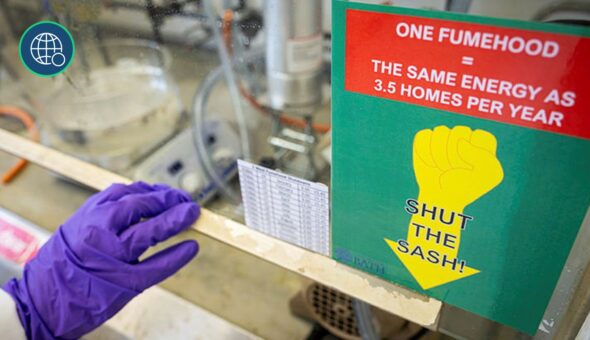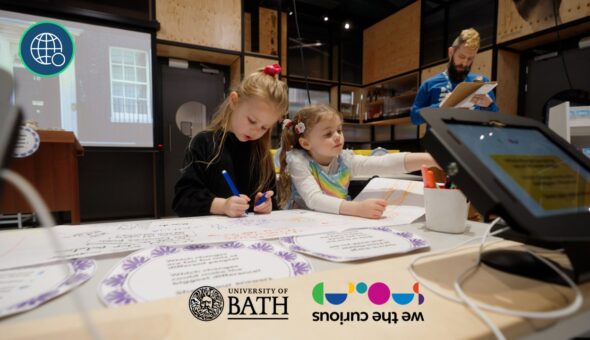There are tasks that need to be done on an annual basis, some of which we like more than others. As we reach the final stages of approval for our annual statement on research integrity which has recently been considered by Senate and will now be approved by Council before being published [last year’s statements is here], I thought it was timely to write about what we, in the Vice Chancellor’s Office, together with colleagues at the Secretary’s Office and the University Ethics Committee, are doing to improve the culture supporting research integrity, and the processes underpinning our management of research ethics.
No research should take place without some consideration of its ethical implications. In most cases, completing an EIRA1 form is the painless way to both explore the ethical dimensions of our research, and to evidence that due consideration has taken place. This is expected for all research, consultancy or KTP work at the University, including that being carried out by students. Of course, a single consideration can often cover a range of specific research activities.
Earlier in the year, we announced the appointment of Professor Christopher Eccleston, from the Department for Health, as Chair of the University Ethics Committee. This new appointment combined with the recent changes in the Senior Management team presents us with the opportunity to review and evaluate our approach to research integrity at an Institutional level. Together with colleagues from internal audit, we are conducting a light touch exercise to verify the extent of our compliance with our requirements. So far, we have been able to confirm that, for funded research, we are 100% compliant – all funded research has had ethical consideration at some level. We are still working to understand the degree of compliance for non-funded research, and also where appropriate compliance with more comprehensive ethical review, either at national level, where applicable, or through our own sub-committees.
There are many drivers applying pressure to our current approach. Internally, our research has grown in volume and complexity. Reassuringly, there is an increased awareness of the importance of research integrity and ethics within our research community. I am impressed by the appetite, demonstrated by many colleagues, for ensuring that our systems and governance match our own requirements. These internal factors have led to an increased demand on our established structures (DREOs, REACH, PREC, SSREC and UEC) and on expertise within Departments which is needed across a broader part of the institution.
Externally, other forces are supporting and influencing our review. The Concordat on Research Integrity is being revised. Whilst the Commitments are the same, the revised document demonstrates a renewed ambition to further strengthen the original document issued in 2012. This renewed ambition was the theme of the 2nd UUK forum where Norman Lamb reiterated the importance of open data, in particularly for clinical trials. The potential value of a national research integrity committee was also discussed. In addition, funders – including Research Councils – are increasingly focusing on ‘reproducibility of scientific findings’. They have issued guidelines on good research conduct governance and have published new guidance on how to manage allegations of research misconduct. Journals, as custodians of the published work, are also revising their policies relating to reporting standards. Nature, for example, is considering whether to eliminate limits on research methods sections.
Whilst there is diversity across our disciplinary base, these changes have the potential to affect all of our research. We need to ensure that our systems take into account that practices can and do vary from discipline to discipline. However, we are confident that honesty, accuracy, efficiency and objectivity underpin all responsible research. Only through ensuring that our results are communicated truthfully, with due care to avoid errors, avoiding research data waste and improper bias can we be confident that we are producing work that is of high quality. That must be the aim, for all of us.


